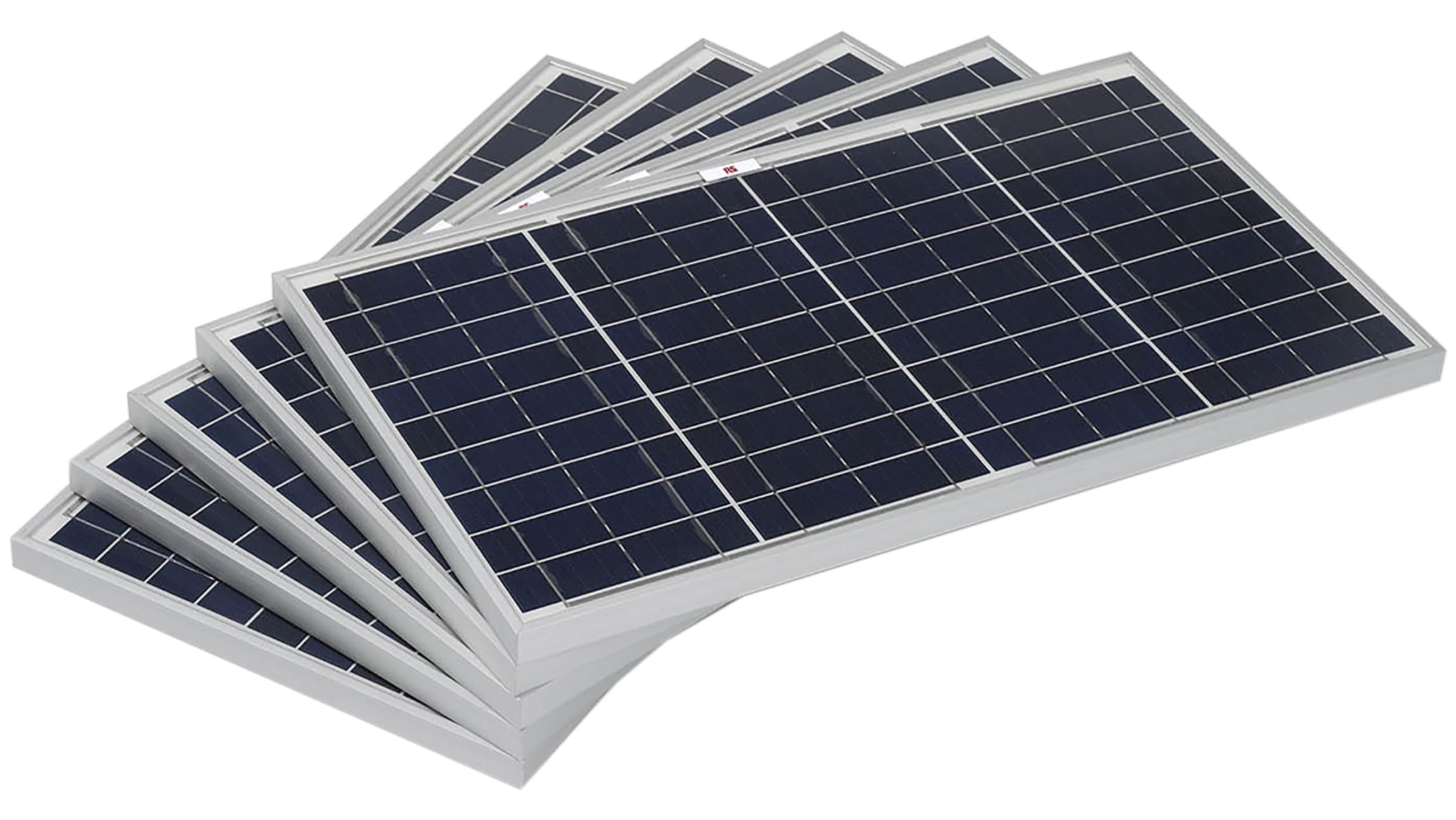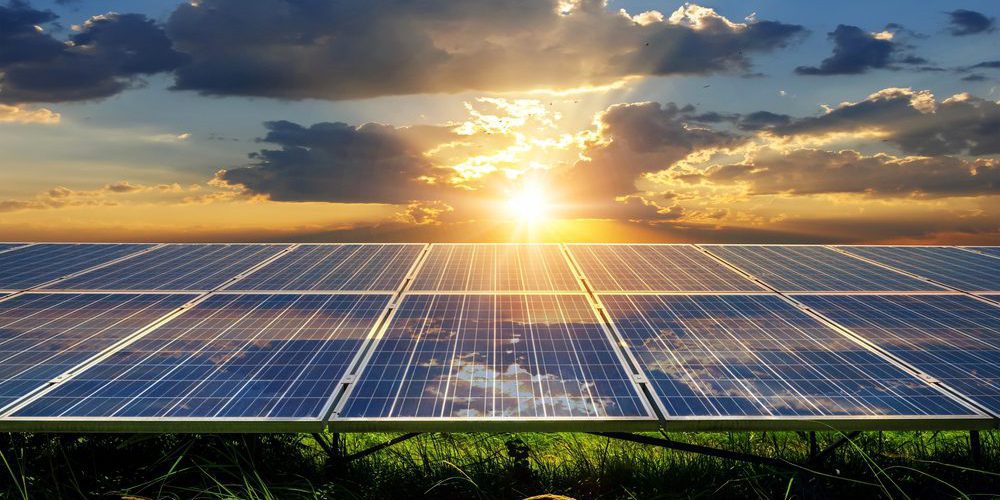Learn why so many homeowners are switching to energy-efficient Solar Panels.
Optimize Energy Cost Savings With High-Quality Solar Panels
Maximizing energy savings with making use of top notch photovoltaic panels is a diverse approach that requires mindful consideration of technology, installment, and maintenance. Picking high-efficiency alternatives, such as monocrystalline panels, can considerably boost power generation, while resilience and service warranty terms play a vital duty in lasting economic feasibility. Moreover, comprehending the possibility for government motivations can amplify the roi. Nonetheless, the journey does not finish with the acquisition; the nuances of installment and continuous upkeep are equally critical to attaining optimum outcomes. What factors should house owners focus on to ensure they understand these advantages fully?
Advantages of Solar Energy
The advantages of solar power are many and considerable, making it an increasingly eye-catching alternative for both domestic and industrial applications. One of the main advantages is its potential to reduce electrical power bills. By using sunlight, homeowner can produce their own power, lowering dependence on typical energy sources and inevitably bring about substantial cost savings.
One more vital advantage is ecological sustainability. Solar power is a tidy, renewable energy that assists to minimize greenhouse gas exhausts, adding to a reduction in air contamination and climate modification. This lines up with international efforts to change towards more lasting energy solutions.
In addition, solar power systems can boost residential or commercial property worth. Residences and businesses geared up with photovoltaic panels typically have greater resale worths, interesting environmentally-conscious buyers and investors. Federal government rewards, such as tax credit ratings and rebates, can offset setup prices, making solar power even much more economically feasible.
Finally, solar innovation promotes energy independence. By buying solar power, people and services can minimize their vulnerability to varying energy rates and supply disturbances, cultivating higher control over their energy resources. Jointly, these advantages highlight the engaging factors to think about solar power solutions.
Picking the Right Solar Panels
Picking the ideal solar panels is a crucial action in making the most of the efficiency and advantages of a solar power system. When reviewing photovoltaic panels, several factors must be thought about to ensure optimum performance and lasting cost savings.
First, evaluate the panel's performance score, which indicates exactly how effectively it transforms sunlight right into electrical power. Greater efficiency panels might have a higher ahead of time cost yet can generate even more power in limited room. Next, check out the warranty supplied by the producer; a much longer warranty usually mirrors a higher degree of confidence in the item's toughness and performance.
Furthermore, take into consideration the sort of photovoltaic panel modern technology. Monocrystalline panels are known for their high performance and space-saving layout, while polycrystalline panels have a tendency to be extra budget-friendly but a little less effective. Bifacial panels, which record sunlight from both sides, are also getting appeal for their potential to enhance energy result.
Last but not least, conduct a complete testimonial of independent efficiency rankings and customer reviews to evaluate dependability and contentment. By carefully thinking about these aspects, home owners can make enlightened choices that align with their energy demands and economic purposes, inevitably enhancing the roi redirected here for their solar energy systems.
Understanding Installation Costs
Understanding the costs connected with installing solar panels is important for home owners aiming to spend in eco-friendly power. The total setup expense can vary considerably based on several factors, consisting of system dimension, panel kind, installment intricacy, and geographical place.
Usually, the expense is relied on a per-watt basis, with average visit here rates varying from $2.50 to $3.50 per watt before any motivations. A typical household system might set you back in between $15,000 and $25,000, depending upon energy demands and the selected components.
Along with the panels themselves, home owners must consider expenses associated with inverters, installing hardware, and electric upgrades. Labor expenses likewise play an essential duty, as expert installation makes certain conformity with safety criteria and regional regulations.

Inevitably, recognizing these setup expenses and possible monetary benefits is vital for house owners to make enlightened choices about transitioning more to solar energy.

Maintenance for Long-Term Cost Savings
Keeping photovoltaic panels is essential for making best use of long-term energy cost savings and making certain the system operates at peak effectiveness. Normal upkeep involves several essential methods that can dramatically enhance the longevity and performance of solar setups.
First, regular examinations need to be conducted to identify any physical damages or wear, such as splits or loosened connections. Cleaning up the panels is likewise crucial, as dirt, dust, and particles can block sunshine, lowering power result (Solar Panels). It is suggested to cleanse the panels at the very least twice a year, or a lot more often in locations with high levels of dust or pollution
Additionally, keeping track of the system's performance through a monitoring software can provide real-time information on power manufacturing and alert homeowners to any abnormalities. This aggressive technique enables for timely repairs, minimizing downtime and keeping optimum energy generation.
Environmental Influence of Solar Power
The ecological effect of solar energy expands far past its instant benefits of reducing power expenses and reliance on nonrenewable fuel sources. By taking advantage of sunlight, solar energy dramatically reduces greenhouse gas emissions, therefore alleviating climate modification. Unlike standard energy sources such as coal or gas, solar power generation does not generate air contaminants, contributing to boosted air quality and public wellness.
Additionally, solar power advertises biodiversity by reducing the demand for fossil fuel removal, which typically interferes with environments and habitats. By transitioning to renewable resource sources, we can maintain natural landscapes and shield endangered varieties from habitat loss.
The life cycle of photovoltaic panels also provides a reduced ecological footprint contrasted to traditional energy resources - Solar Panels. While manufacturing photovoltaic panels entails some resource use and exhausts, advancements in innovation and reusing processes are continuously lowering these impacts. Additionally, the long-lasting advantages of solar power-- such as decreased reliance on limited sources-- far outweigh these preliminary expenses
Final Thought
In recap, the adoption of high-quality solar panels offers considerable opportunities for power savings and ecological benefits. The strategic placement of solar panel choices with power requirements and federal government rewards improves return on investment, advertising sustainability and decreasing dependence on traditional power sources.